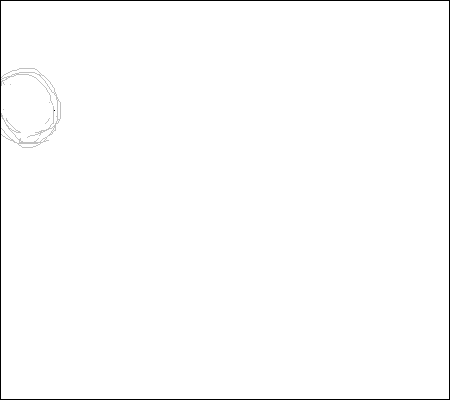Boris Groys, The Weak Universalism. See earlier notes and discussion (and more discussion).
Although shrouded in layers of irony this will do for a manifesto: a weak, low-visibility version of what critic Howard Halle calls "waving the flag for the internet." Better that than the world Halle inhabits (or to be kinder, laments), of cynical frustration over the machinations of the wealthy and powerful regarding collectible objects. Halle asks for a revolution in values but won't recognize the one happening in front of him. Instead he distorts, simplifies, and name-calls: web-fanciers are living on Planet Unreality; the drift to the internet is "foreclosing anything that doesn’t involve technological innovation"; belief that the "internet will save us" is naive because Obama turned out to be a corporatist.
There is no techno-boosterism in Groys' essay, or insistence that the Internet is the only place for what he calls "weak repetitive gestures" meant to "transcend," that is, survive, a milieu of constant, forced change.
It's the opposite of boosterism, he's saying the drive for innovation (new gear replacing old gear, new hot theories replacing old hot theories) is part of what gets us to our present condition.
It's not meant to be a manifesto for working artists; it's a description of where we are. But it has special appeal for those working collectively and/or anonymously outside the gladiatorial contest (lottery?) of being picked to show at a Chelsea gallery, celebrated in the glossies, and then "remaindered" the next year. One can of course operate in that strange system and resist what Groys calls "the strong images of change, the ideology of progress, and promises of economic growth." But homesteading on the web has a lower entry cost.
Groys' argument can't be easily compressed or sound-bitten: you should read the essay and draw your own conclusions. I find it more amusing and refreshing than Ben Davis's dreary screed about the state of postmodernism, which seems more interested in political theory than what artists are doing.


